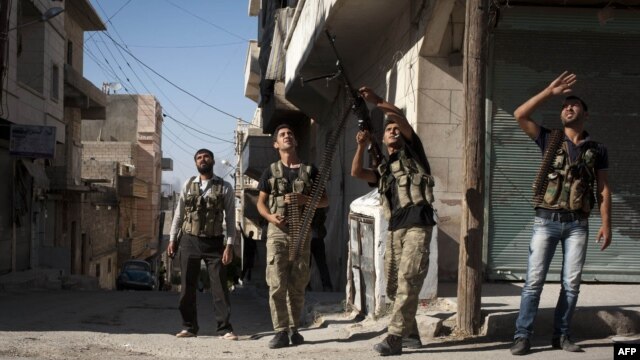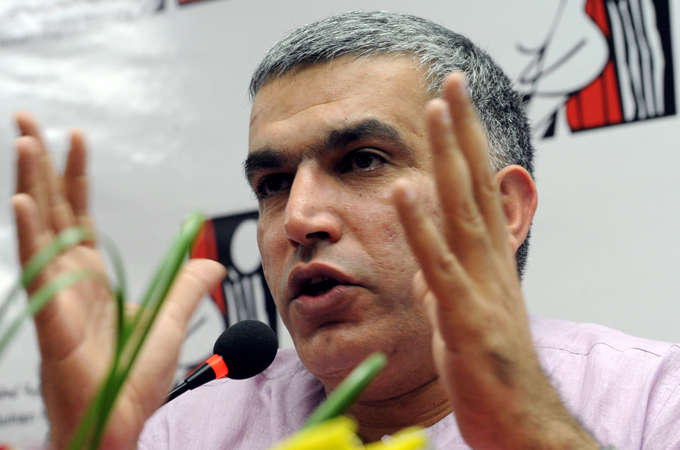By Mark McMurray
Impunity Watch Reporter, Middle East
DAMASCUS, Syria — On Thursday, Turkey asked the U.N. Security Council to create refugee safe zones within Syria. The plea came with a strong warning from the country that it cannot handle the amount of people fleeing the crisis in neighboring Syria.

Thursday’s Security Council meeting, which was called by France to discuss Syria’s humanitarian crisis, was attended only by France, Britain, Colombia, Morocco, and Togo of the 15 total members serving on the committee.
UK Foreign Secretary William Hague, speaking ahead of the meeting, said there are “considerable difficulties” with the safe zones idea. “We have to be clear that anything like a safe zone requires military intervention and that of course is something that has to be weighed very carefully,” he said. However, he went on to add, “We are excluding no option for the future.”
Speaking in front of the Security Council on Thursday, Turkish foreign minister Ahment Davutoglu appealed for international assistance. “The U.N. should initiate the establishment of IDP [internally displaced peoples] camps within Syria without delay. Needless to say these camps should have full protection,” he said.
Davutoglu described the “serious difficulty” faced by Turkey in dealing with 4,000 refugees crossing the border every day. With more than 80,000 Syrians in camps in Turkey and with 10,000 refugees waiting at the border separating the two countries, the humanitarian crisis is accelerating.
“The scale of the tragedy is growing so out of proportions that Turkey finds it increasingly difficult to cope with the ensuing challenges all by itself,” he continued. According to the UN, over the past two weeks, the number of Syrians seeking refuge in Turkey and Jordan has jumped from 400-500 people per day to as many as 5,000 per day.
Releasing a statement ahead of the Security Council’s meeting, the opposition Syrian National Council pushed for a no-fly zone and for safe zones for refugees. “The SNC considers that if the Security Council does not take serious measures to halt the regime’s massacres and crimes, it will have abandoned its role as guarantor of world peace and protector of people against genocide,” it read.
Responding to the human corridor appeal, U.N. officials expressed concern with the potential threat to the neutrality of humanitarian rights workers presented by military-protected zones. The calls for safe zones “raise serious questions and require careful and critical consideration” U.N. Deputy Secretary General Jan Eliasson said. “Bitter experience has shown that it is rarely possible to provide effective protection and security in such areas,” U.N. High Commissioner for Refugees Antonio Guterres added.
Meanwhile, refugees continue to suffer throughout the region. Speaking from a camp housing 5,000 refugees on the border crossing into Turkey, Abdul Qadir Haj doubts the likelihood of the proposal. “The safe zone is a dream. It will not happen. The world is against us,” the former Syrian policeman turned refugee said.
For further information, please see:
Al Arabiya – Syria Buffer Zone Plans Raise Serious Questions: United Nations – 30 August 2012
BBC News – ‘Difficult’ Demand for Refugee Camps in Syria Vexes UN – 30 August 2012
Christian Science Monitor – Amid Squalor and Fear on Turkish Border, Syrians Make Plea for Safe Zone – 30 August 2012
France 24 – Turkey Calls for Refugee Camps Inside Syria – 30 August 2012



